How ‘The Inheritance’ became the first gay stage classic of the 21st century
The celebrated West End epic charts the lives of gay men in New York a generation after the Aids crisis.
By Will Stroude
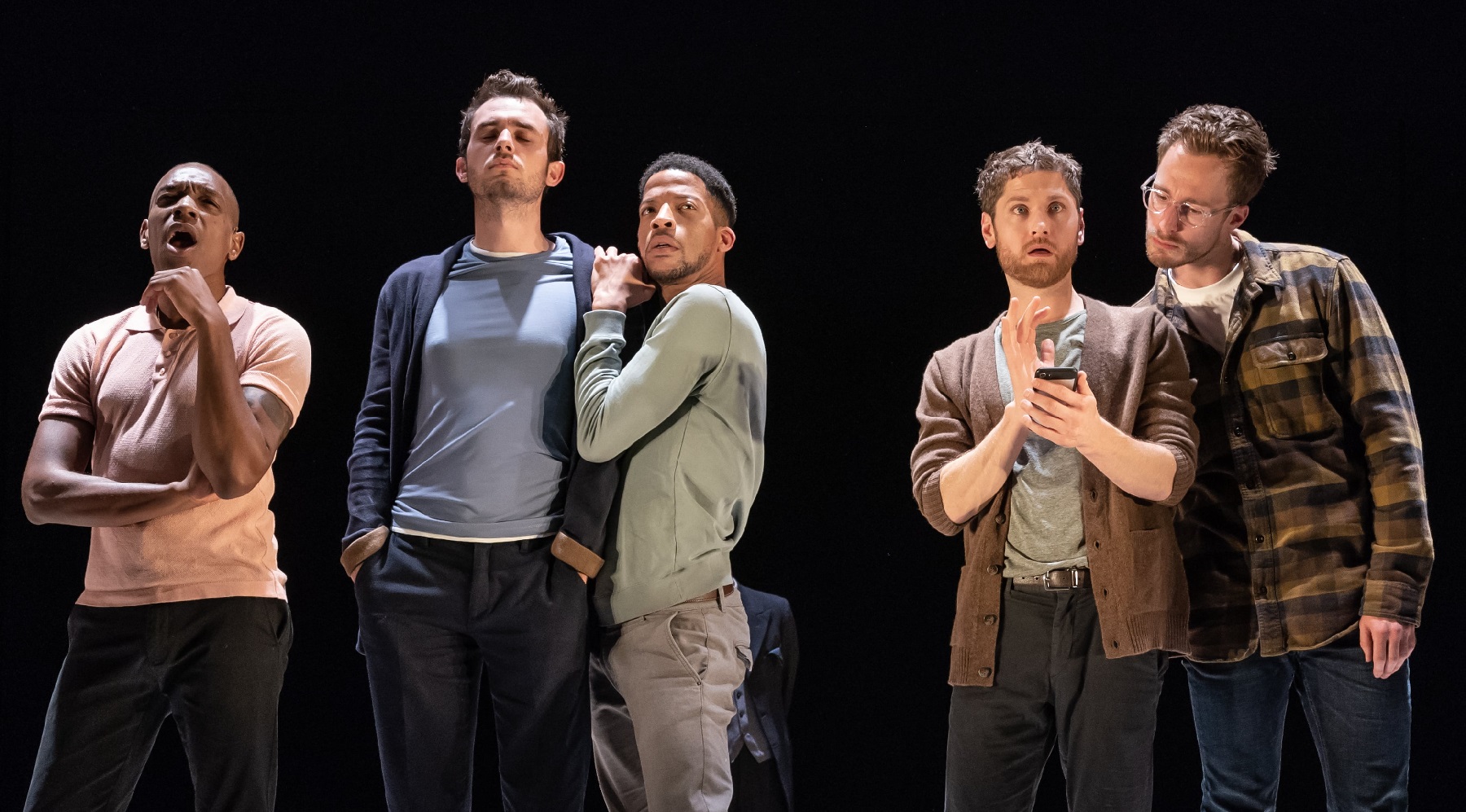
Word: Tim Heap
Photography: Simon Annand
This article first appeared in Attitude issue 295, May 2018.
Playwright Matthew Lopez’s first lessons about being gay were grim ones.
“My introduction was as a 10-year-old boy in the American South, watching the news and learning about the Aids epidemic,” he says. “That’s how I discovered what being gay was; by simultaneously being taught that it also meant dying of HIV/Aids.”
Attitude meets the 40-year-old award winner in the middle of rehearsals for his new play, The Inheritance, at Jerwood Space in Southwark. We’re here to learn more about his intriguing new six-act, two-part period piece that offers a look at gay life in New York City over three generations.
“To become a sexually active gay man in the early 1990s, as I did, was terrifying,” explains Matthew, when I ask about what inspired him to create such a mammoth piece of theatre.
“We watched what had happened to the generation before ours with horror. It didn’t stop us from fucking each other, but it took me so many years to [separate] the act of sex from this lingering feeling in the back of my mind that I was going to be punished for it,” he explains.
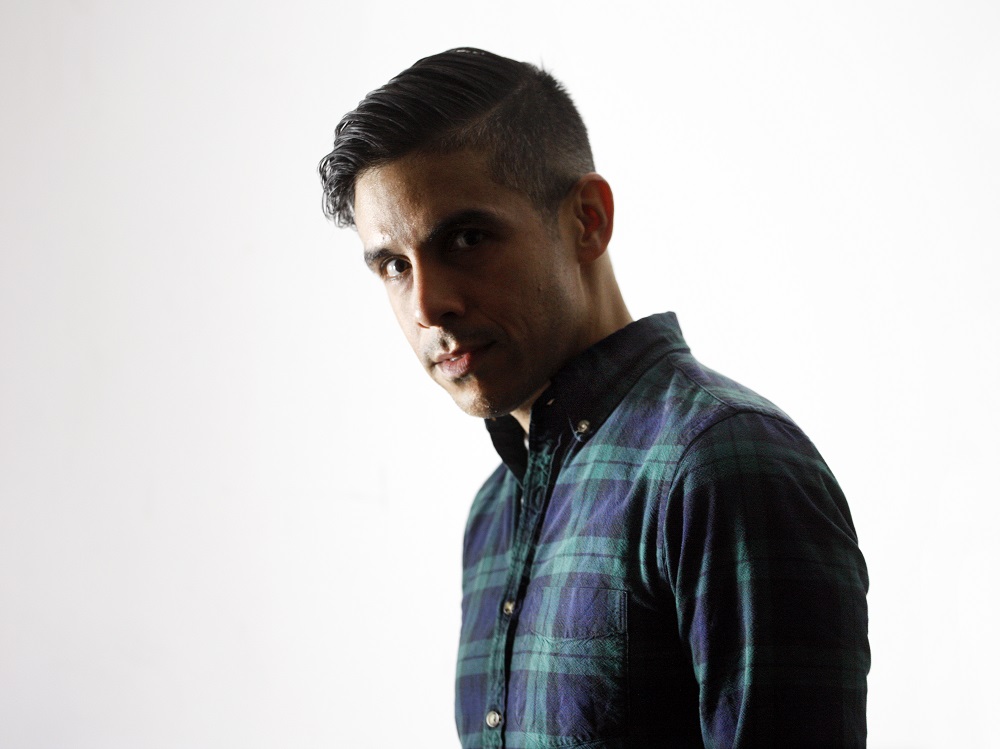
Writer Matthew Lopez
“Now there’s a generation of young gay men who have grown up with marriage as a right, and without an ounce of ‘woe is me’. So I decided that I needed to get some of my feelings about it down on paper.
“The Inheritance primarily deals with three groups of characters from three generations. As I was writing it, and figuring out the broad concept and ideas, I kept on coming back to E.M. Forster’s novel, Howard’s End. I saw the movie version in the cinema when I was 14, and then I read the book. I didn’t know Forster was gay until I was rereading it in Central Park in my late twenties, and there was this short biography about him.
“He had had such a profound impact on my life, without me really knowing anything about him.”
An important turning point in Howard’s End is an unexpected bequeathment, an inheritance, and Matthew’s play asks and examines what each generation of gay men has inherited from their predecessors.
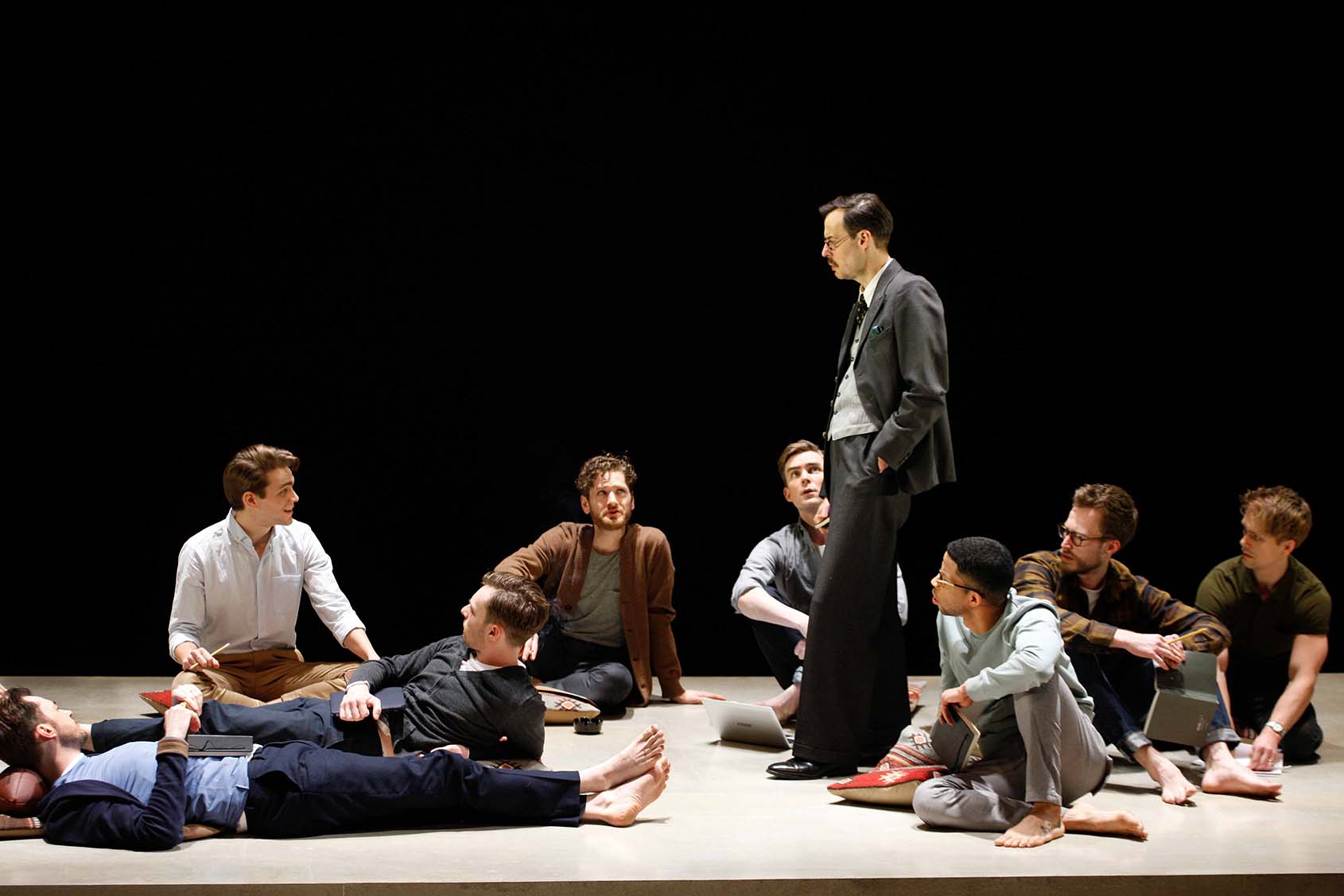
“In the play, we say how Jews teach their children about the Holocaust, and African-Americans teach their children about the Civil Rights movement,” he says.
“Family is the conduit for passing along these specific heritages in these cultures. [But] LGBT+ people can’t pass down history in the same way, so I wanted to explore how we teach it to each other, because it’s changed how we have sex, how we love and how we approach relationships.”
There’s no doubt that The Inheritance is a bold and epic production, but London has shown an appetite in recent years for theatre that breaks the typical two-act formula, with Harry Potter and The Cursed Child and the National Theatre’s Angels in America drawing large audiences, despite running times of around five and eight hours respectively. However, both of these already had a solid bank of expectation to bolster their chances of critical and financial success.
But while The Inheritance is a new play, it does at least hold a couple of aces that are fuelling the hype.
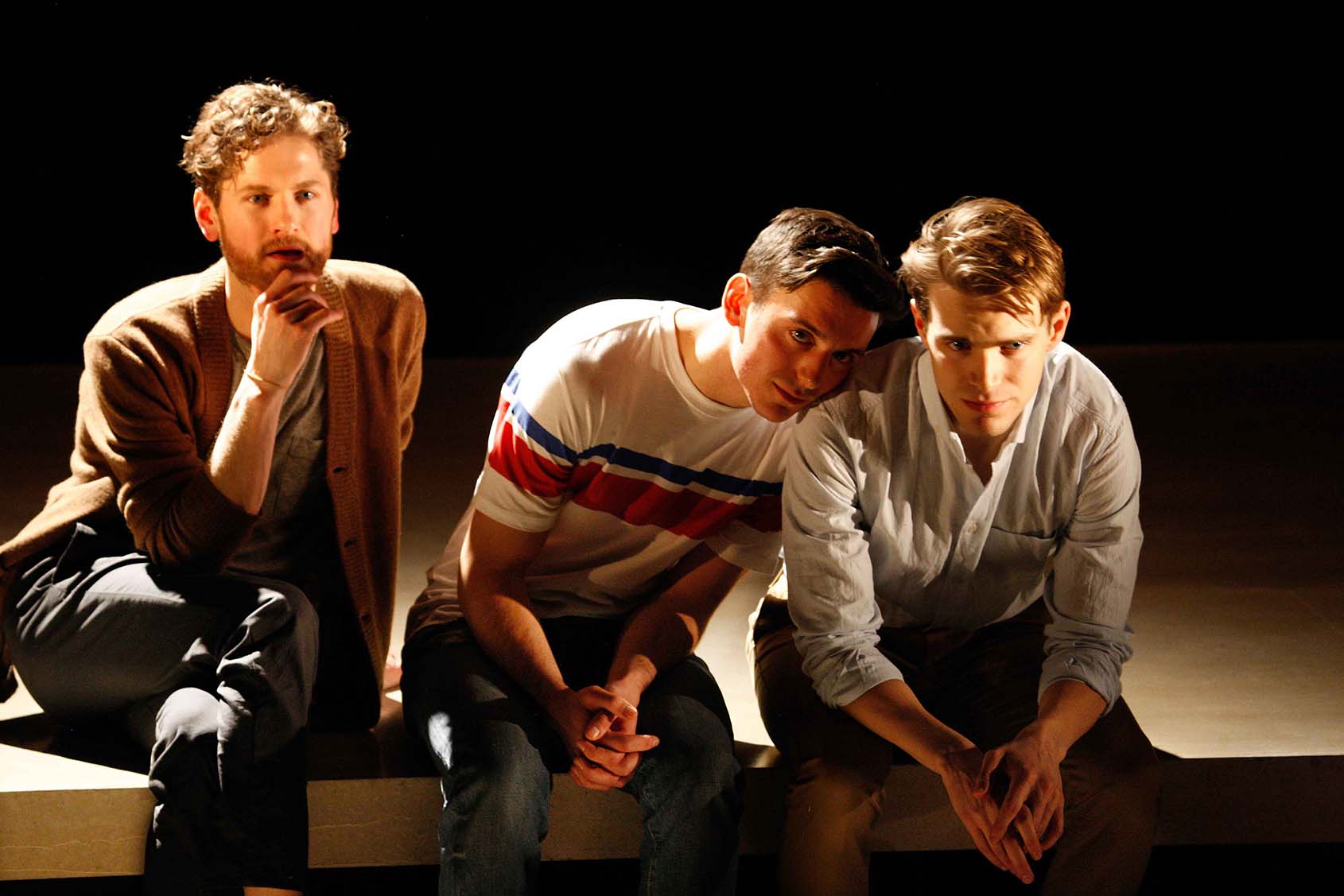
First, it has multi-award-winning director Stephen Daldry at the helm. Known for his work on The Hours, Billy Elliot and, most recently, Netflix’s The Crown, Daldry secured the second coup: stage legend Vanessa Redgrave agreed to star in part two, a casting choice that’s fitting because she played the role of Ruth Wilcox in the Merchant-Ivory production of Howard’s End.
A few days after chatting with Matthew, I return to Jerwood Space to speak to two cast members: John Benjamin Hickey and Andrew Burnap. They tell me that Vanessa’s casting was kept a secret from the company until the 81-year-old dame showed up to rehearsals at the beginning of the year.
“In walked this legendary figure of the theatre,” recalls Andrew, “and I thought, ‘How cool that we’re working in a place where Vanessa Redgrave comes in and checks on rehearsals’. And then Stephen said, ‘Everybody, I want to introduce you to our Margaret’.”
John, a “gay play veteran,” who won a Tony for his role in the 2011 Broadway revival of the Aids drama The Normal Heart, adds: “Everybody just lost their shit and so did Vanessa. That’s part of what makes her so brilliant and magical; she was every bit as chuffed to be a part of it as we were to have her.”
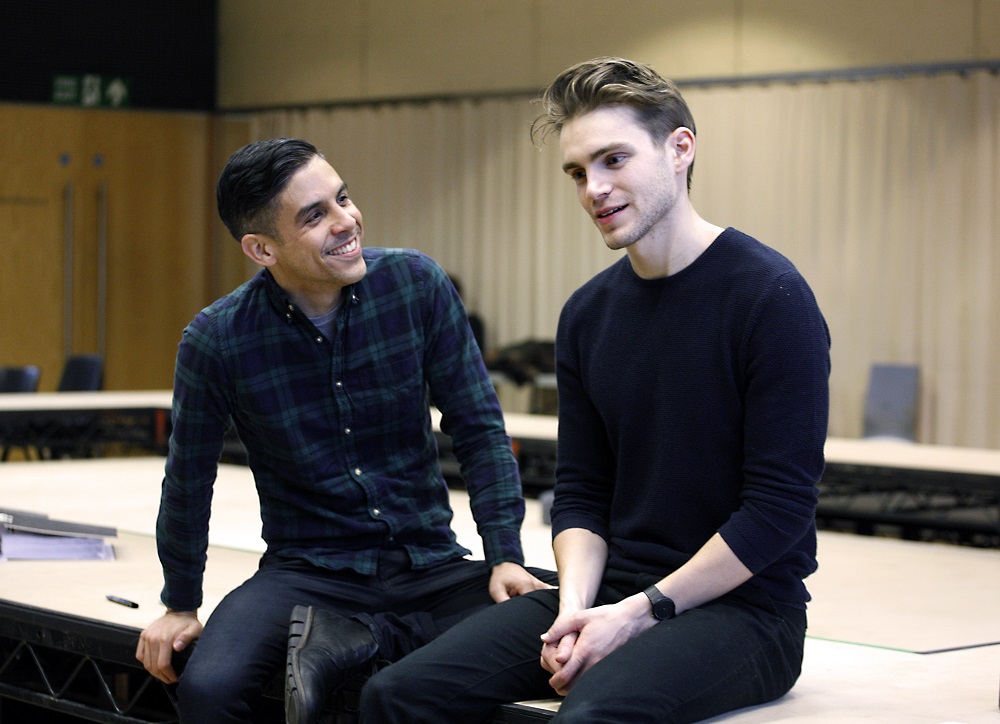
Writer Matthew Lopez (left) with actor Andrew Burnap, who plays Toby Darling, a writer living in New York towards the end of the Obama years.
But Matthew, John and Andrew remain tight-lipped about what exactly her role is. All I’m offered are cryptic, one-sentence answers: “She brings the spirit of Howard’s End into the play,” says Matthew, while John describes her as having a “profoundly spiritual presence”. So far so vague.
Changing tack, I ask instead about John and Andrew’s characters and their part in the story.
“I play Henry Wilcox, a billionaire who’s been with the same guy for 30 years,” offers John. “Without giving any spoilers, his life changes when he meets a young person with whom he falls in love, and it’s a reawakening for this older man who lived through the ‘plague years’ and, in many ways, shut down because of the trauma of the time.”
John’s personal experience of the Aids crisis feeds into his portrayal. He arrived in New York in 1983, struggling to accept his sexuality, but knowing about the dangers of HIV/Aids.

John Benjamin Hickey plays a billionaire whose life is turned upside down
“I don’t want to be cavalier about it, but I came to New York knowing what I was stepping into and knowing to be careful,” he remembers. “If I’d been 10 years earlier, I’d either be gone or be one of those people who miraculously survived it.
“This play really beautifully meditates on how closely linked we are to the gay past and how we look after each other as a community. It’s a question I’ve never seen asked in a play before.
“The other thing is that this play is post-homophobic. There’s an enormous amount of self-loathing and self-destruction in it, but none of it is based on the fact that the characters are gay. And when I read it, I thought that was refreshing.”
Andrew plays Toby Darling, a writer whose career is about to take off at the end of the Obama years. “He’s heading towards unknown territory both in the political and cultural landscape, and in his personal life,” he says.“The life he anticipates for himself drastically changes and his story is one of a man coming to terms with the truth in all aspects. He’s someone who has grown up in the late Eighties and early Nineties, not having lived through the crisis and only becoming socially conscious of it at the end of that period.”
Being straight in real life, Andrew had less first-hand knowledge of the pandemic, and had to research the realities of those years.
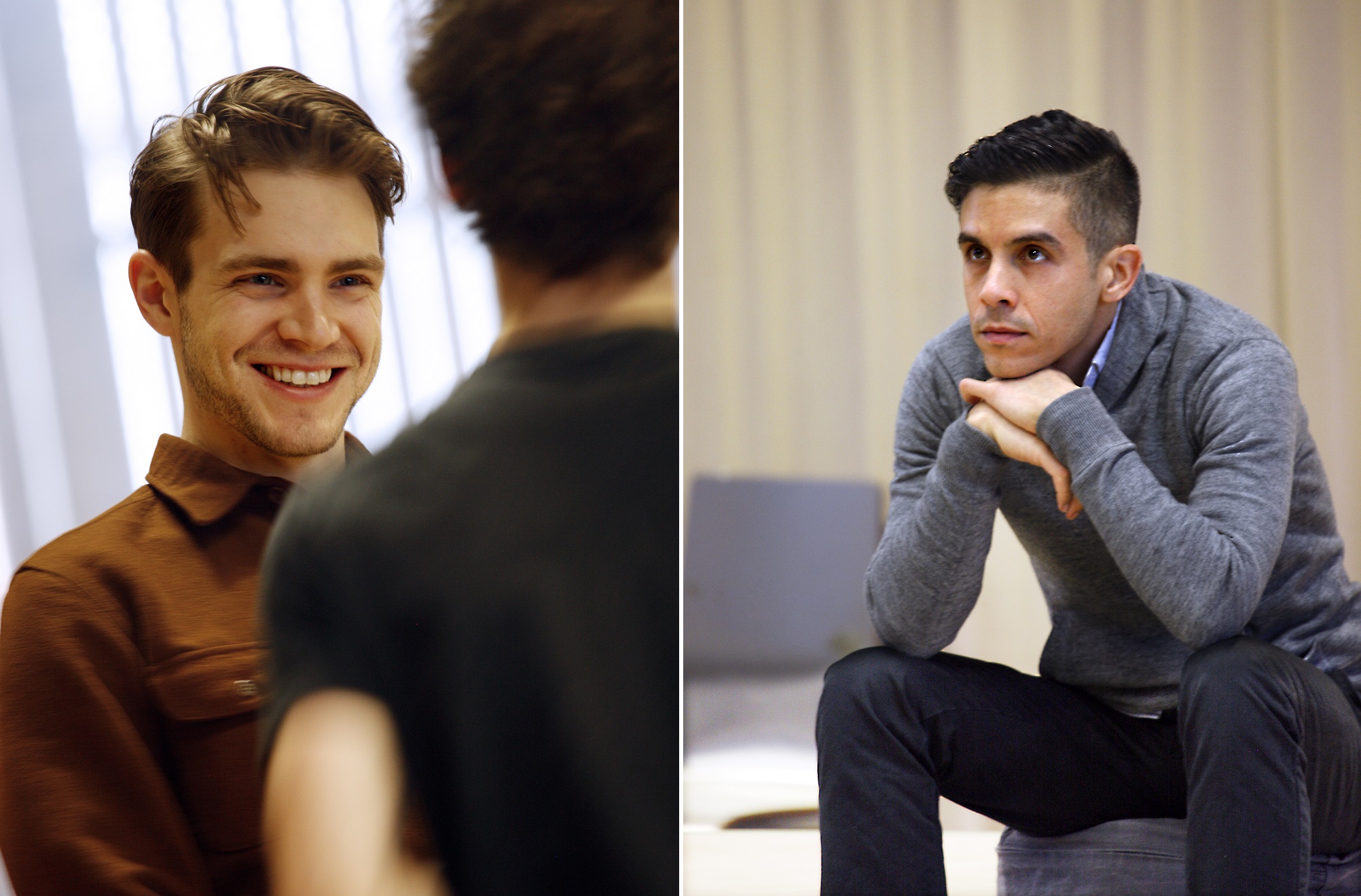
Playwright Matthew (right) had a frightening introduction to gay life, while actor Andrew Burnap plays a character with no first-hand knowledge of the Aids crisis
“In the town where I grew up, [President] Ronald Reagan was somewhat a hero,” he says.
“I knew nothing about Aids until I was in my late teenage years, because it’s not taught in history class. When I first started doing research on this play, I found out that the first five cases were reported in 1980 or 1981, and by 1987 the number was 40,000. It’s devastating that those people were lost; it’s almost too much to bear, and that’s what this play puts into words.”
Andrew’s thoughts echo something Matthew told me earlier in the week, about writing the play to process the feeling he had growing up that there was something wrong with him.
“There was so much despair in my life that I’ve now shaken off,” he says, “but it’s not enough to shake it off, you have to turn around and look at it. That’s part of the theme of the play. If you don’t turn around and look, you won’t understand it and you run the risk of doing it again.”
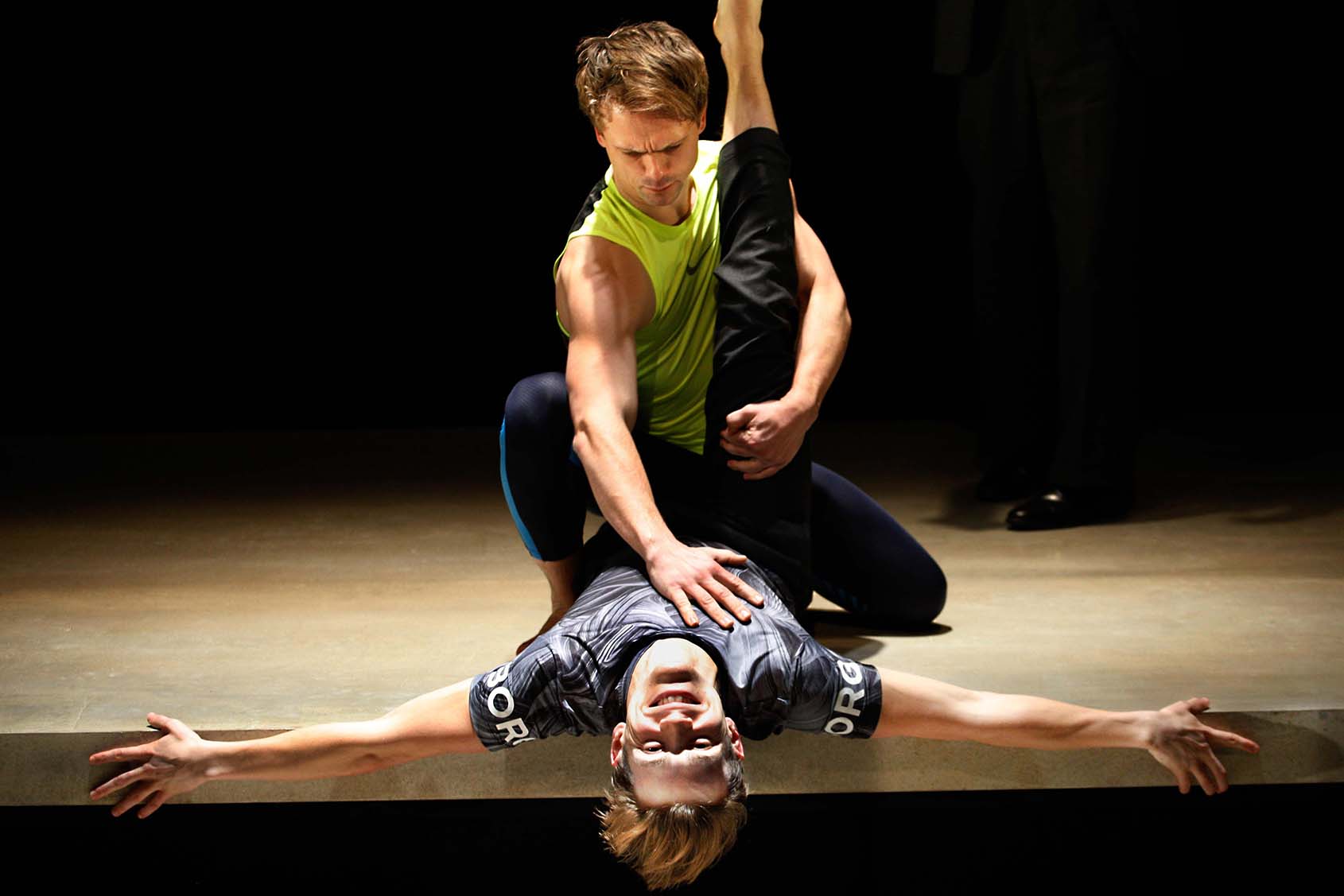
Closing the interview, it’s difficult not to ask if the experience has been cathartic for Matthew, whose life is so inextricably tied into the play’s plot.
“It’s strange,” he admits, “because when I watch Stephen direct a scene that’s based on something I remember to be traumatic, and he’s making it funny, I think, ‘Oh wait, you’re telling me there’s comedy in this?’
“But I do find that cathartic, and the only way to look at our pain and discover what it left behind, is to smile at it. That’s why I wrote the play.”
